Leadership skills
Virtual coffee with a student 2022-12-17
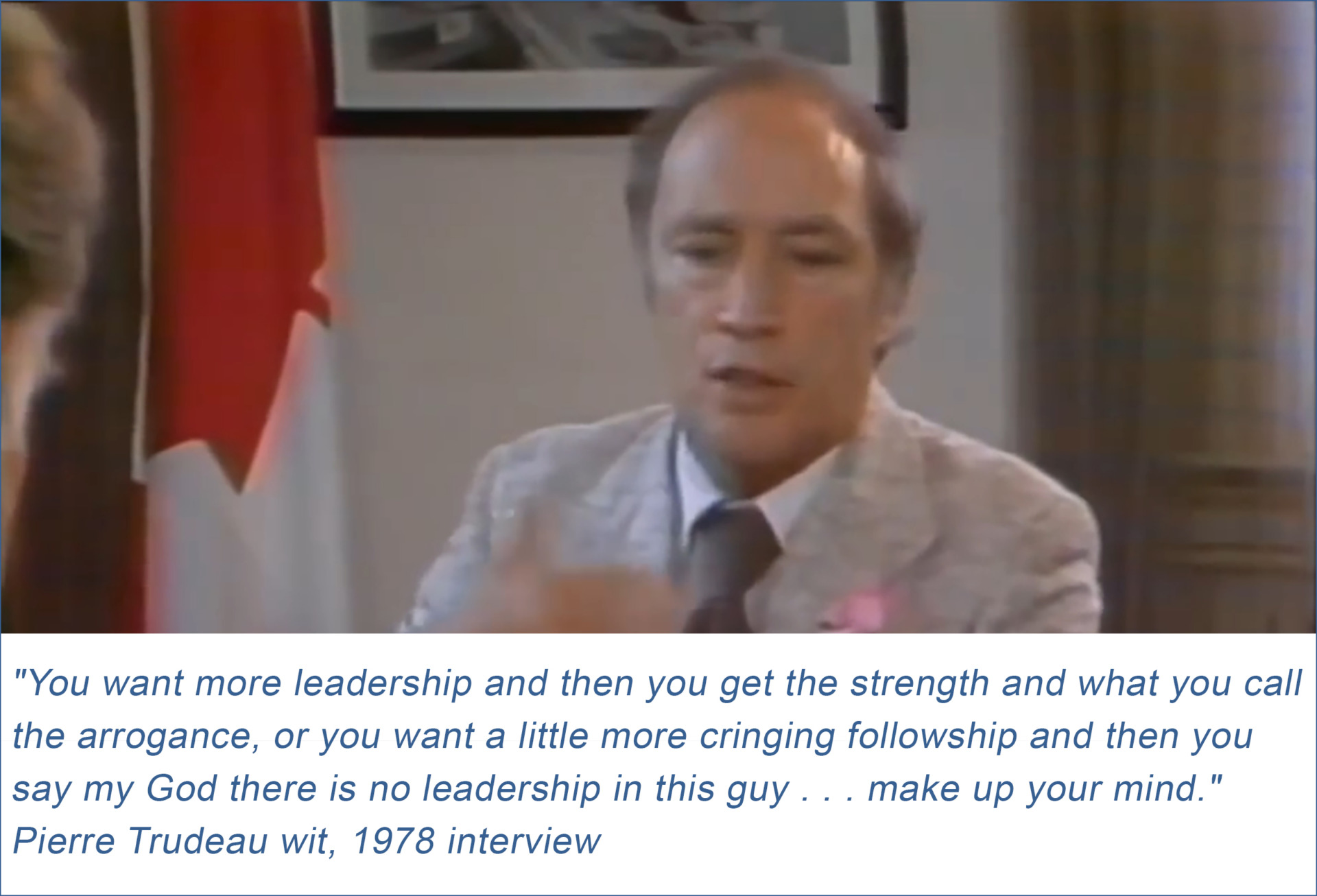

Not many of us wish to be a leader. We probably just want a life of happiness, and if we can wish more, a life with fulfillment and free of problems.
But there are people with personal reasons, who wish to be a leader. By definition, a leader is a person who commands or influences people. There are 2 kinds of people from this definition. One is that there are people who come to public life already possessing the real qualities to lead (that is, command or influence). The second kind is there are some people who actually lack leading qualities but nevertheless coerce a leadership role.
Nonetheless, there is one condition that applies both to a person who comes to public life already naturally a leader, and to a person aspiring to become a leader; and beneficial even to a person with no wish to become a leader.
It is that before we can lead others, we first need the ability to lead our own self — train our own self.
With this aim, this article explores the first part of a leadership journey, to lead one’s own self, which is indispensable to people who wish or need to become a leader, and beneficial even to a person with no wish to become a leader.
1 There is relative, there is no absolute
That there is only relative, there is no absolute, is a fundamental rule. It is important we see this in people relations and leadership.
If a person seems to lead a group of people, for example a teacher leading students, or a country leader leading a country, the leader may know more, or be elected to authorize more, relative to the people around the leader. There are worthwhile insights from this.
One is that people’s and a leader’s understanding levels depend on their current abilities. There may be a leader who knows better, yet another leader who knows yet more. Why a person is seen as a leader depends on the perception levels of the people around. For example, among the whole humanity, there is general ability to see climate change, but there are many people who do not see far, these people do not see a climate change knowledgeable person as their leader. Relative to humans, climate change is devastating, but relative to the big universe, it is a very different perspective.
If you aspire to be a leader, you need to know 2 aspects: one is that if people look up to you, or not, it is because the people around you have their abilities and perception only at their particular level, and how they view you is not an absolute, nor reliable, judgement of your level to date. The second aspect is that your level to date is not your absolute position, you will change and hopefully advance to a higher level.
2 You only do what you know
The parable of whether a half-filled glass is half full or half empty illustrates a fundamental truth, that human society as well as the people in it are either progressing, or unwittingly destroying. The glass (human abilities) is always half filled and never all filled. Human beings are incomplete. For example, 21st century society is incredibly enriched by the invention of computer technology, but society is daily drained by war, pollution and human mistakes.
It is helpful to explain that when people damage the world, harm us, and behave ignorantly, we should leave behind language and words, people are only doing what is in their hearts, this is what they truly know.
If you aspire to be a leader, the same is true. You can only do what you know. There is insight from this. The thought “you can only do what you know” tells you to know better.

3 Near side, far side

In one sentence, the 1902-1932 United States Supreme Court Justice Oliver Holmes Jr. described a constant human problem: “I would not give a fig for the simplicity this side of complexity; but I would give my life for the simplicity the other side of complexity.” What this means:
The far side, “the other side”, means in-depth knowledge of complexity that approaches a true picture, stated in simplified language.
The near side, “this side”, means easy effort and crude simplifications that leaves out deeper facts, in other words, ignorance.
We like simple language that gives us a full picture, but most people fall for simplicity on the near side for easy effort. The result is common ignorance evident in the common world.
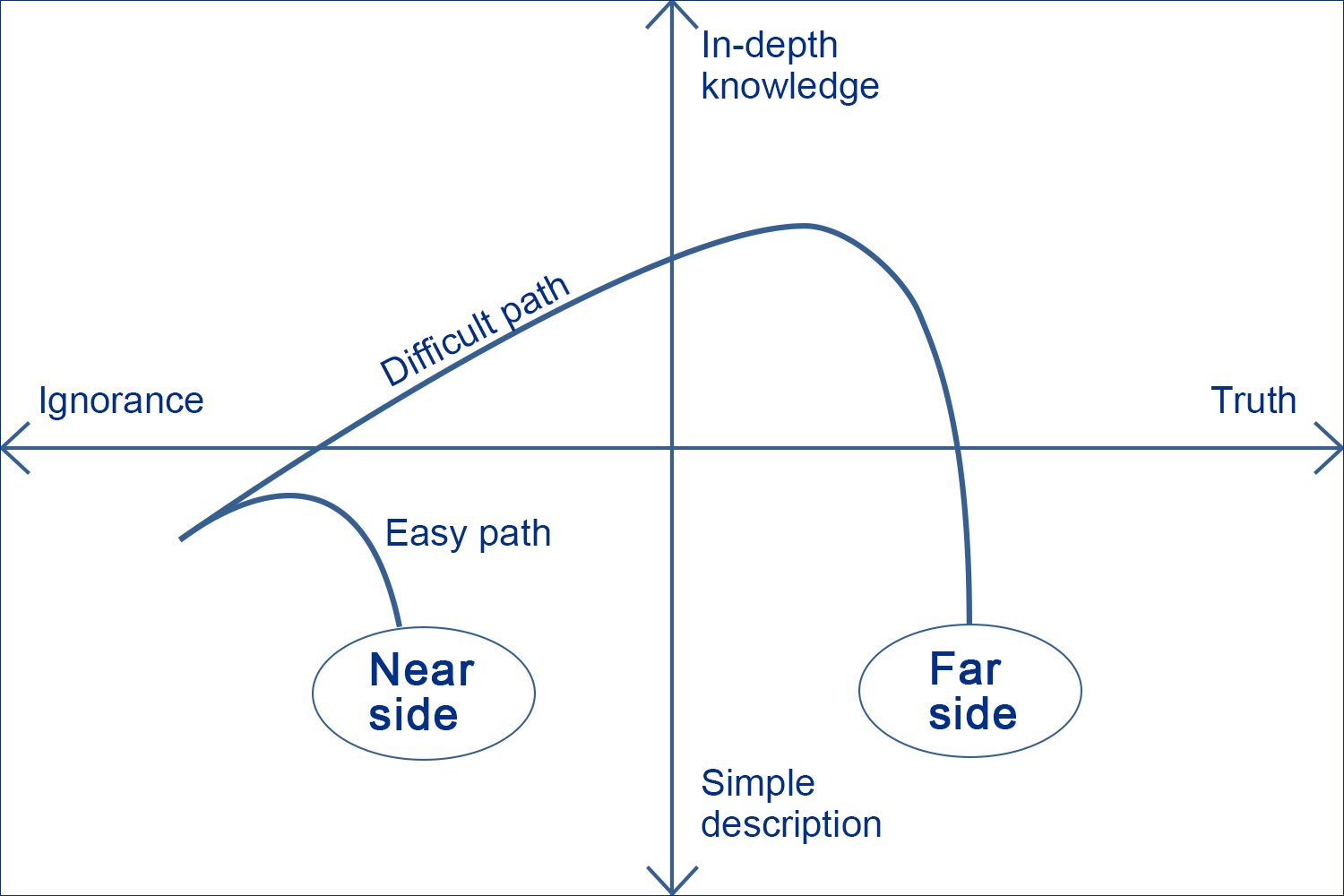
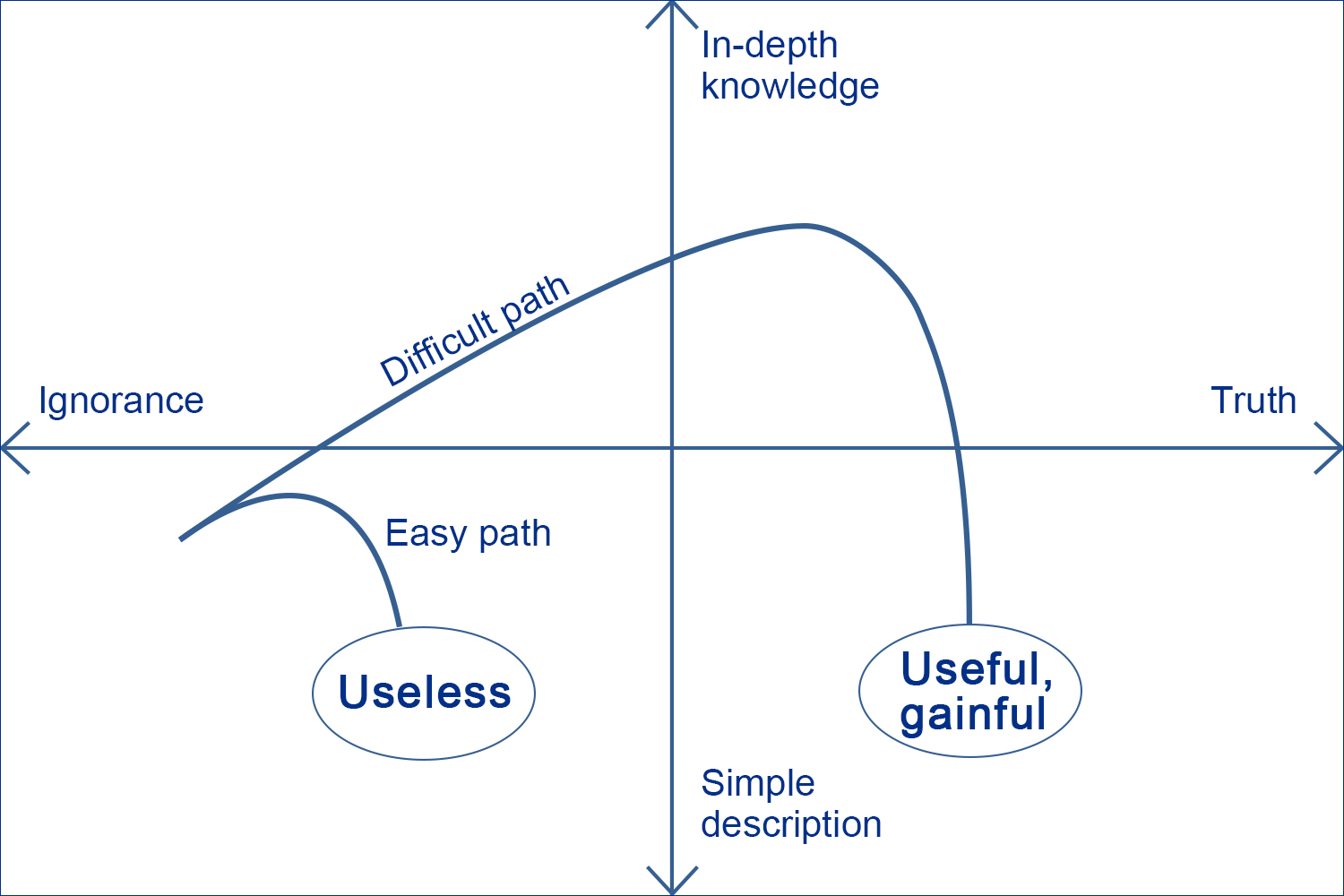
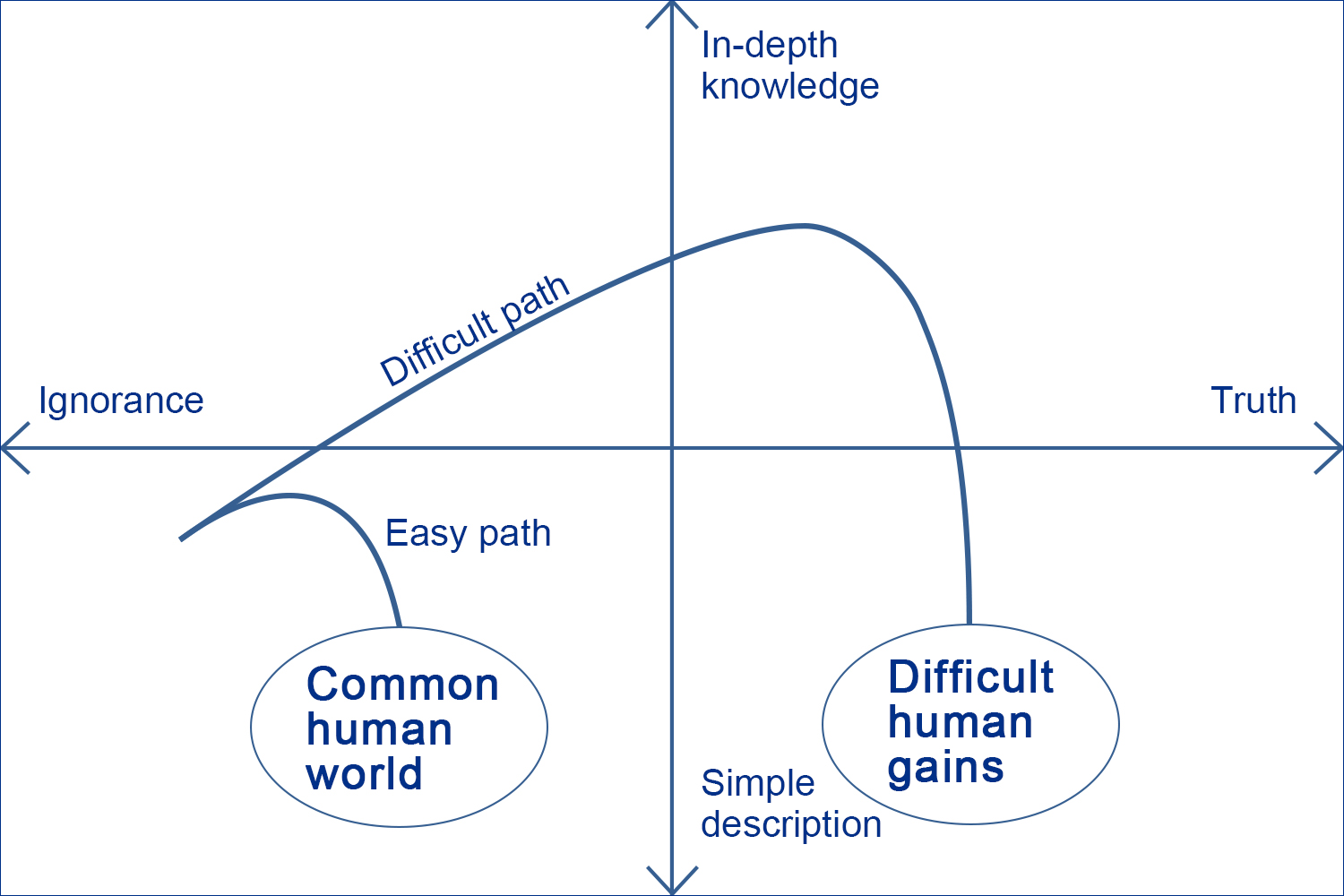
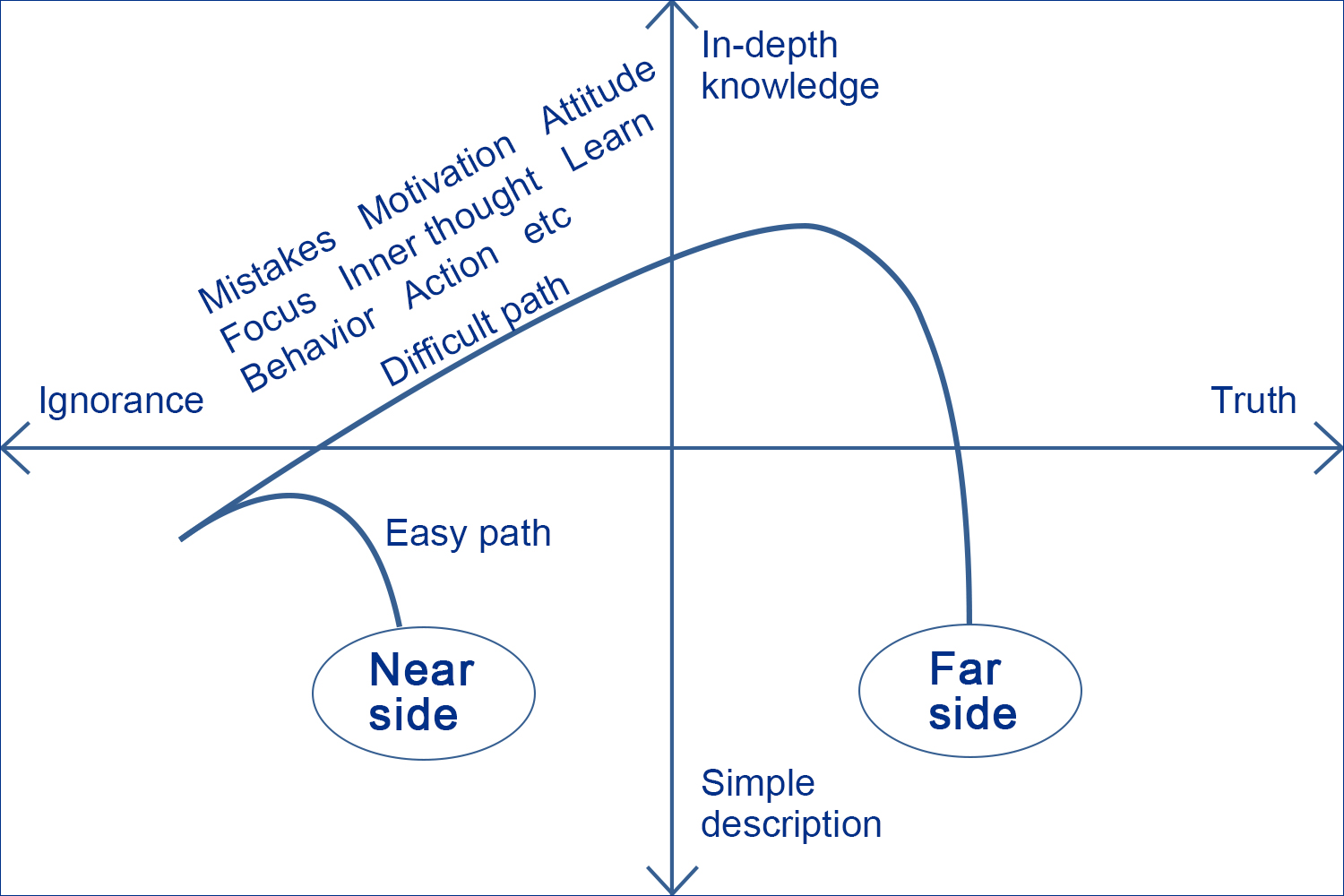
If you aspire to become a leader or simply a better person, it is important to know the rule of near side and far side. On the topic of leadership skills, or simply personal development, the rule of near side and far side is the most important requirement for yourself.
You become a better person by expending your knowledge, and it is your better knowledge that helps people, that is, makes you a leader. In the end, better knowledge benefits yourself most of all.
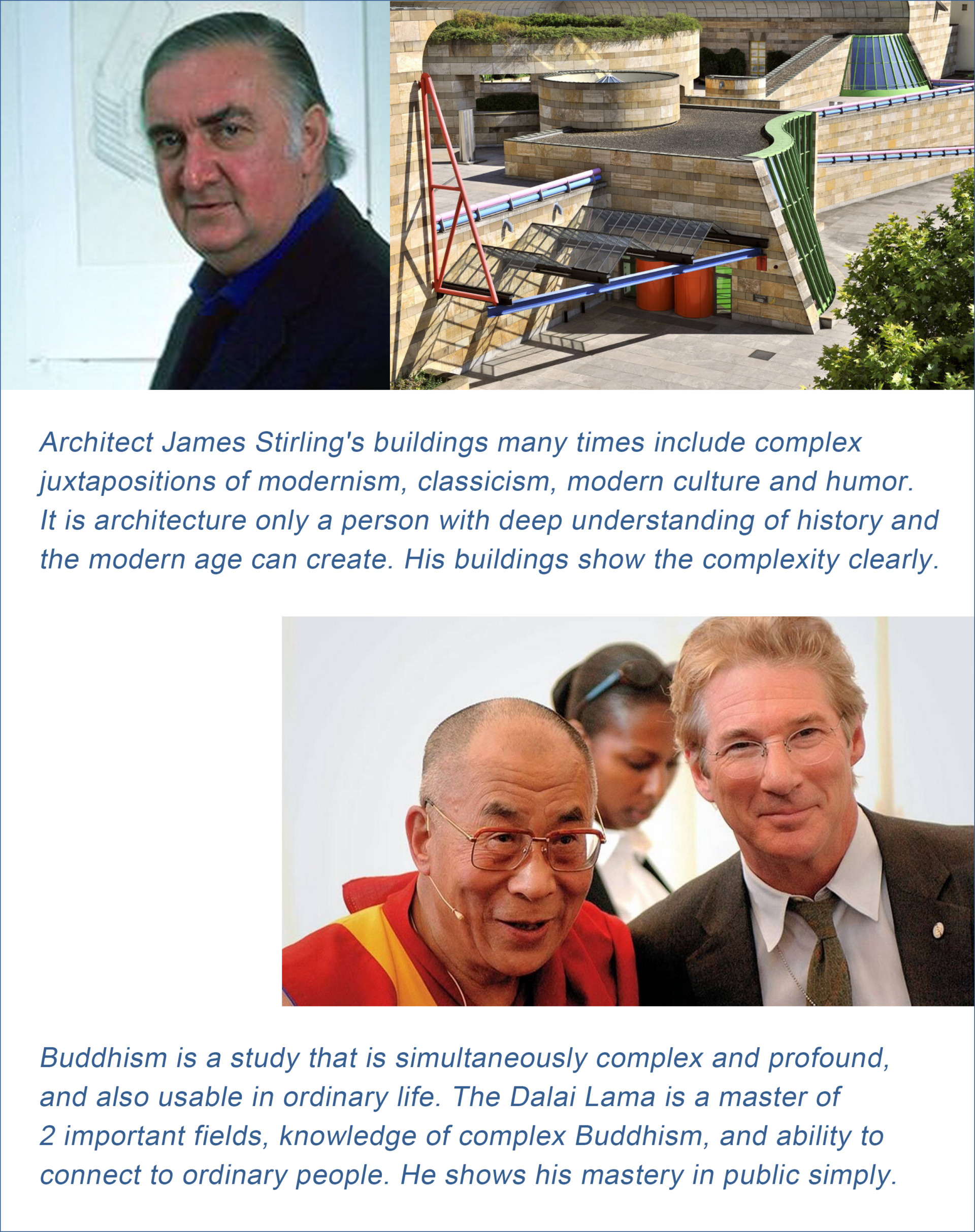
4 How you get to lead (background, abilities)
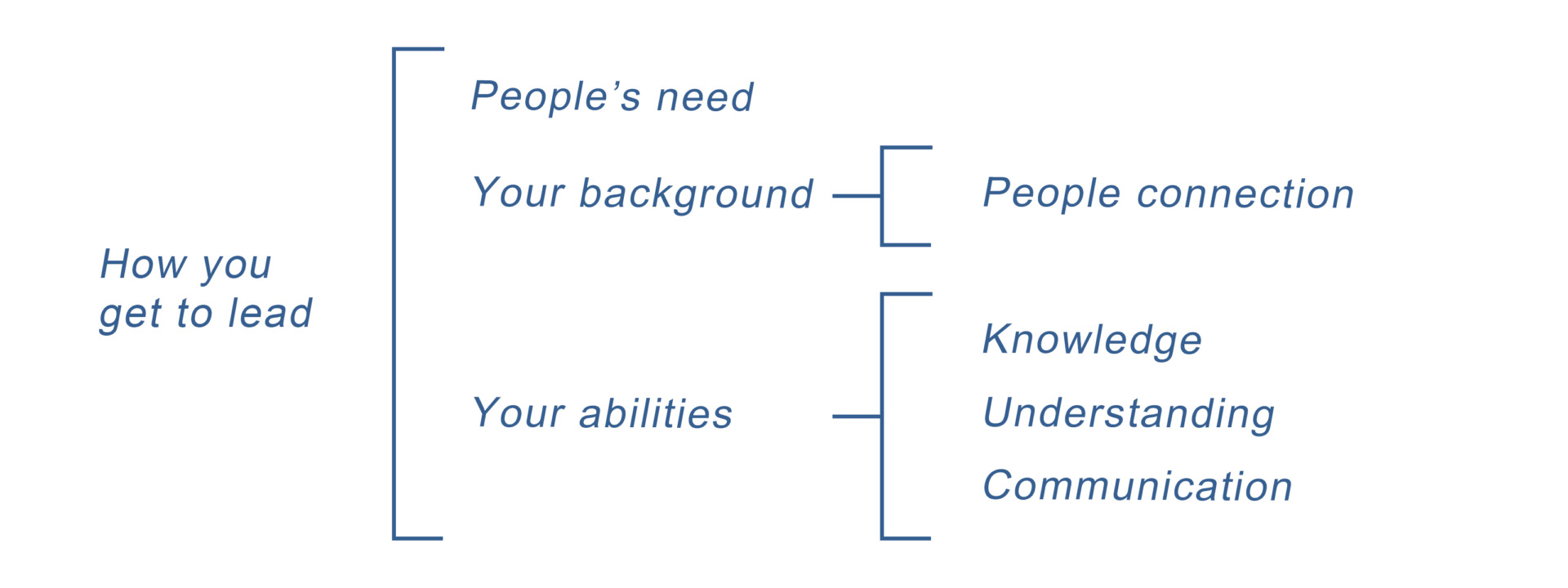
How you come to lead must begin with 2 important aspects, the people’s need and your people connection. It must begin with a people’s need, a need to organize things better, according to their level. The people’s need may be your family needing you. It may be patients needing you as a medical doctor, and construction workers needing your direction at a construction site.
In personal relationship, people’s true need is in their hearts, difficult to see, and for ordinary people and people in guiding role, to see is a stand-alone life learning lesson. But society has also established institutions to ease knowing people’s many needs, for example, health care institution regulations to understand patients, and social media for us to express ourselves and understand each other.
The second aspect of people connection is, your breadth of people connection determines how much your work will influence.
I advise here that in the scale of social influence, we need to leave behind the idea of a person having individual personal friends. Individual personal friends are not to the scale of social influence.
Likely, you do not realize the importance of society’s institutions helping you to build your people connection. A teacher needs the power of a school or university to provide student audience, an architect needs the power of an office to reach work associates and hundreds of people associated with their building work. Most likely you rely on and begin your career and potential leadership from society’s institutions. The first lesson in people connection is to understand the worth of society’s institutions.
Only then, on the stage of people’s need and people connection, do we get to be tested on our knowledge, understanding and communication, these which show the leadership level of a person.
Our accumulation of knowledge began long before we come on a potential leader’s stage, from the influence of our parents, many teachers from our education institutions, and our own devoted learning over many years.
On a leadership stage, a forever and critical test will be our ability to understand. Understanding is our ability to, truthfully and helpfully, see the other person and the situation. Our ability to understand is a long and important subject beyond the length of this article here.
Communication is the important tool we need to learn, to pass our knowledge.
On the leader platform, meeting people’s need, being able in knowledge, understanding and communication, are the tests of a leader’s level.
5 Do good to society
As this article shows, the list of requirements to a leader is of a demanding high level. In the real society, the demand to a leader will be truly harsh. I have seen numerous business leaders try, though some leaders achieved some success, no person achieved full success. This only shows that the requirements to a leader is of a demanding high level. But there are worthwhile insights.
(1) You do not know the lessons facing a leader, until you have tried it.
(2) If you aspire to be a leader, ultimately, you yourself will receive the biggest benefit of all, because you learn how to progress to a high level.
(3) Whatever you do as a leader, do good to society.
I have seen many people in the business world fallen trap to a so-called rat race, that is, thinking that in a rat race, it is right to dismiss conscience. But they have missed an ultimate truth. It is that, when you lead a job, and your work does good to society, your very act will last long after your present job. It will follow as a mark of your person, through your life.
6 Communication

Communication means
We communicate through more than words. Music and art communicate through people’s heart — go to a music concert to feel it. How we carry our personal appearance — dress and groom, and our manners, without words, gives out our personal aura, that is, charisma. People with strong charisma carry a sense of authority, in many cases indicating they had gone through trials.
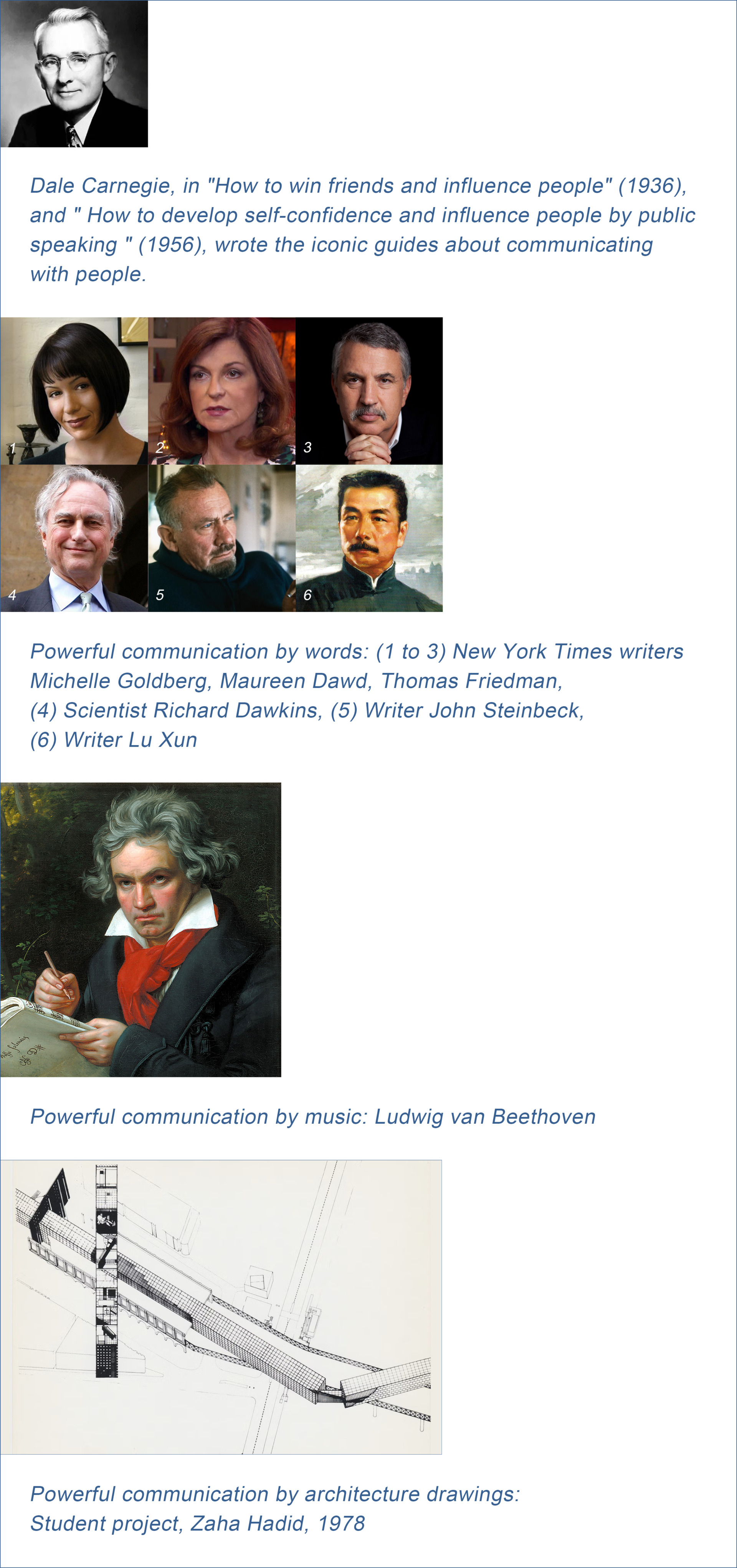
Substance and impact
If you aspire to be a leader, it is important that your communication with people has good substance, and that you are successful in driving your message.
We can look at 3 basic methods to drive our communication:
(1) Substance: To ensure we have good substance when we talk, we can refer to the above sections “You only do what you know”, “Near side and far side”, “Do good to society”.
You only do what you know, and you only speak what you know. What you know can be improved, and you can improve without limit, if you stop the near side of things, and learn the far side of things, only then you have true substance. And when what you say does good to society, what you say will be lasting and never go wrong.
(2) Your appearance matters: People form an impression of your appearance, including your physical appearance, and how you treat people. People will be receptive of what you say when they form a good impression of you. It is basic requirement to dress and groom cleanly and smartly, and even better, to speak cleanly and smartly, and make people feel that you respect them.
(3) Be silent when needed:
A saying is true and worthwhile to remember. “One spoken utter can build a nation, one spoken utter can destroy a nation.”
One considerate word can help a recipient in ways more than we imagine. One hateful remark can, quoting from Dale Carnegie’s book “How to win friends and influence people”, rankle across the decades and endure until death.
In our daily lives we must have encountered situations, when spoken/written words are needed and we are silent, and when spoken/written words are not helpful and we give the words.
When there is information beneficial to an audience, deliver with force. When it does not help a situation, be silent. Be clear about the 2 requirements, and you will win your drive for communication.
Diversity and conflict
Diversity in people is a fundamental truth that will be like so forever, for the same reason that the big universe itself is forever changing and forever diverse. Diversity in people follows that there must be people in different ability levels. It follows that we will be absurd to think we can stop diversity in people, and equally absurd to think that people are in only the ability level we want.
We can look at 3 important consequences from this. One is that diversity means that levels are adjustable, and we can always adjust and uplift ourselves. Each of us possess only our individual will, which follows that we strive to improve ourself first and most of all.
A second consequence is that we remember a saying, “Do not ask other people to wear our shoes.” It sounds simple, but it actually requires large effort from us to climb to a far side in the near side-far side curve, to result in understanding other people. It is not easy, queen, king, prime ministers and presidents have struggled to communicate with diversity of people. But if you learn communication with people by the far side curve of learning, not only is it necessary, but ultimately yourself are rewarded the most.
A third consequence is, conflict situation is all too common in our lives. But there is a simple answer to a conflict. Our response is, we circumvent the conflict, get around, and get on with ourself and our work. It guarantees that we win every time.
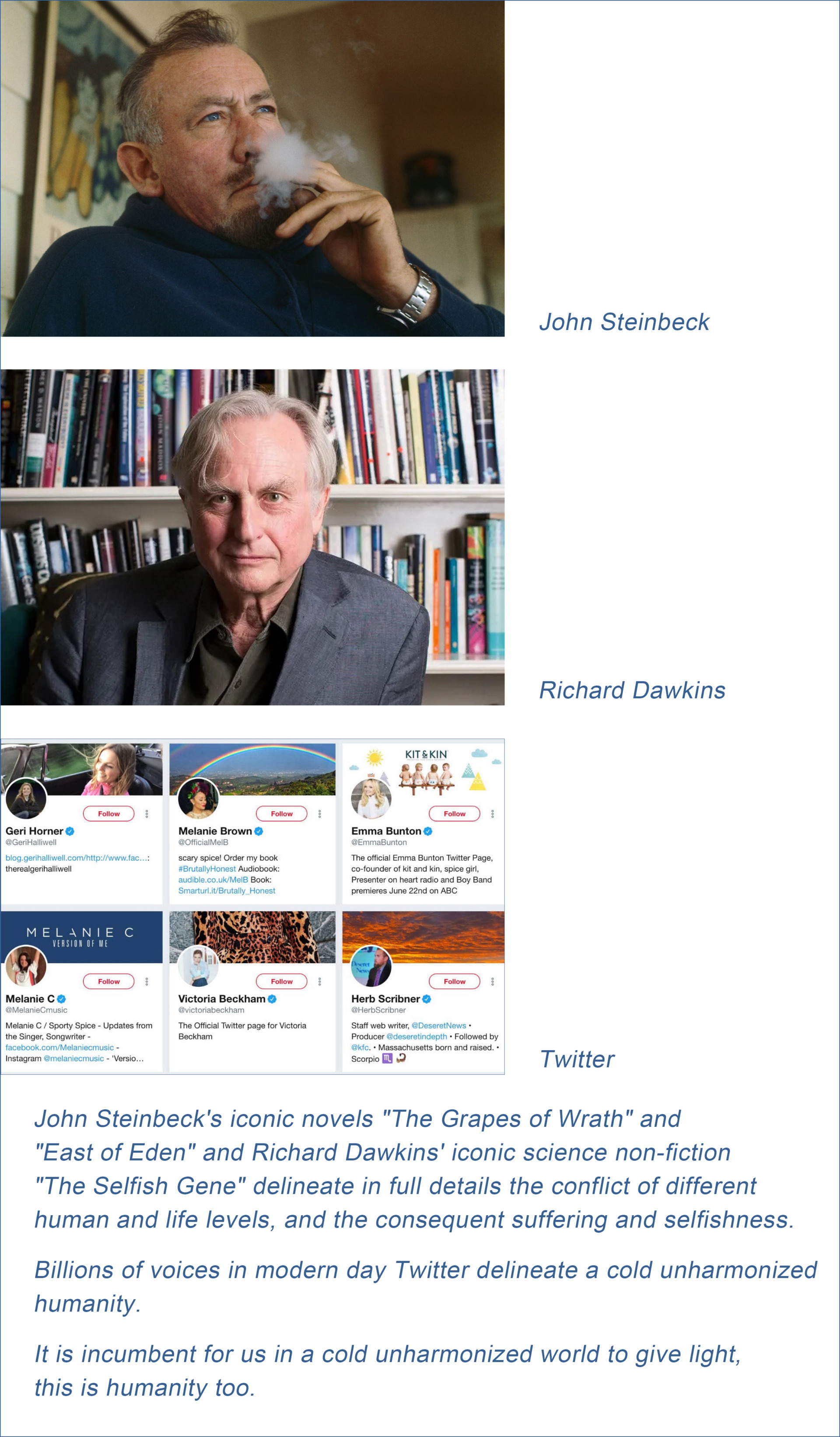
7 What leadership skills achieve
We can separate what leadership skills achieve to 2 parts, what they do to a people audience, and what they do to the person as a leader.
With a people audience, the transmission of useful information depends on the perception level of the audience and substance level of a leader. It can be that the audience accepts nothing, there is no transmission at all of usefulness and benefit.
Because an audience has free will, an at best scenario is, a good leader’s message when truly received by an audience will be only a percentage, often a low percentage at that, of the leader’s original information.
But if a leader’s information is good, the transmitted information, even partial, will stay in the audience as a seed. When the seed meets suitable soil, one day, even long after, it will blossom and become a tree. This happens commonly between a school teacher and their student.
With the person as a leader, many times you learn hard lessons required of a leader. What you learn will stay with you, and give you immeasurable benefit, for your entire life.